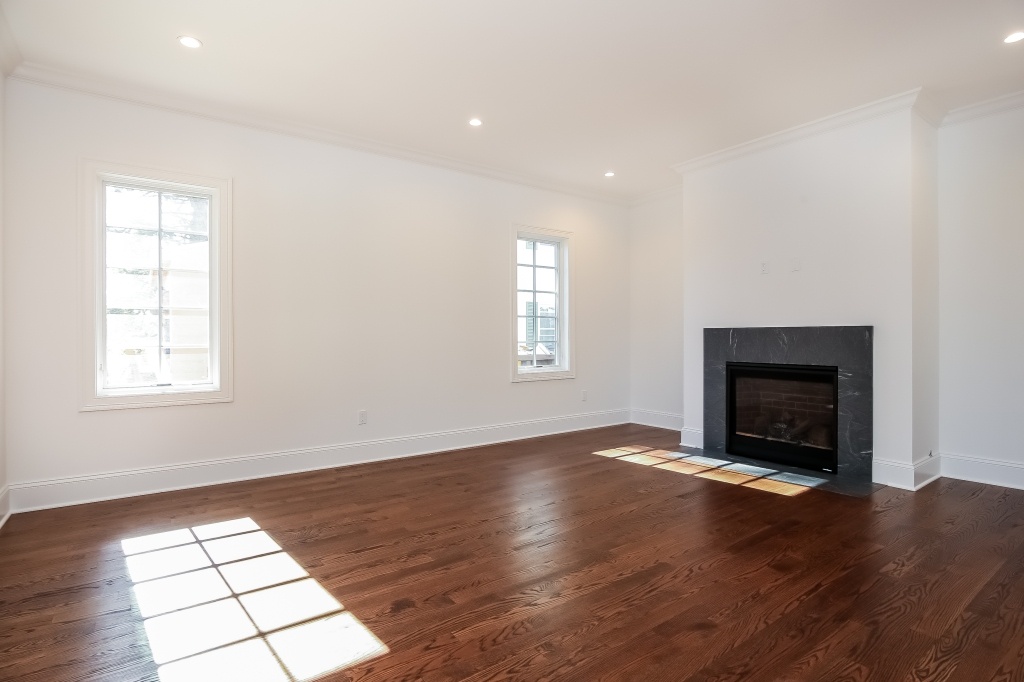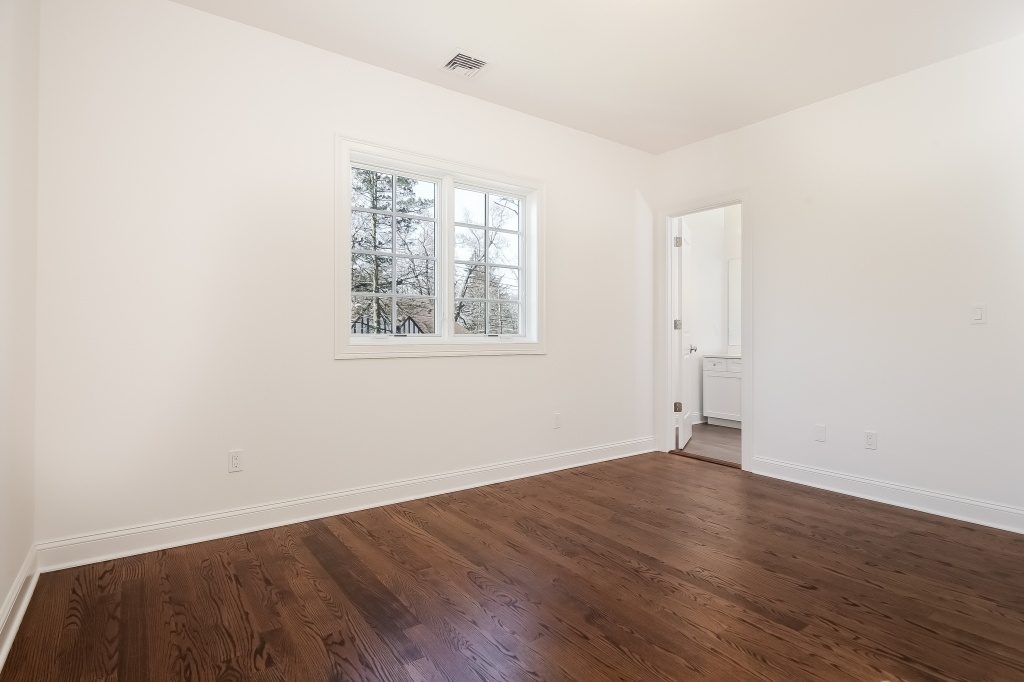Listen to the article
The Ethical Use Of Photoshop In Real Estate Marketing
Marketing or Misleading?
The home-buying process now starts online, which makes it critical to present your listing in the most appealing way possible. From creative wordplay in your property description to engaging imagery in your online tour, the intent should be to attract attention to the home, never to misguide offers. Therefore, digital manipulation (such as in your use of Photoshop) is ubiquitous in online marketing.
Recent advances in photo editing technology have created challenges in defining what is presenting a property in a positive light and what is outright misleading. In this article, you will gain a deeper insight into the difference between ethical and unethical photo editing.
Examples of Ethical Photo Editing


Photo editing can be a budget-friendly solution to physically changing a listing; however, the intended use should be to inspire ideas, not to conceal issues.
Firstly, one of the most common uses for photo editing in real estate is virtual staging. Staged homes sell 88 percent faster and for 20 percent more money. However, physically placing staging furniture in the home isn’t only an inconvenience to the seller, it’s also extremely expensive for the agent. Home stagers charge around $300-$600 for an initial design consultation and $500-$600 per month per room. That adds up to about $2,000-$2,400 a month for a 2,000-square-foot home. The cost of virtually staging a listing is nominal in comparison. PlanOmatic only charges $99 an image to place the furniture of your choice in a room digitally. Staged homes sell 88 percent faster and for 20 percent more money (Realtor Magazine).
In addition, professional photo editing can go beyond simple furniture improvements. A couple of clicks can inspire a different use of space by turning an office into a bedroom. Editing can remove eyesores like owner-occupied clutter or unsightly holiday decorations. The most popular uses of the technology are “twilight editing,” which creates a moody twilight effect, “blue sky editing,” which turns overcast skies into blue skies, and “green grass editing,” which makes patchy grass appear fuller.
Therefore, these applications can’t be considered manipulative to buyers because they’re simple cosmetic changes that don’t affect the value of the home.
Examples of Unethical Photo Editing

Secondly, the power of Photoshop can easily make simple design updates to flooring, fixtures, or paint in a home. This means that more advanced users can pull off a full “Property Brothers” remodel if requested. While these orders can have a huge impact on opening the minds of buyers, the use of heavy alterations should be clearly disclosed to protect the consumer.
Because of this, competition in the market has recently increased the number of sight-unseen offers. Redfin reported that somewhere between 20 and 35 percent of recent homebuyers said they made offers on houses they had never set foot inside. These offers would be understandably inflated if the images the buyer saw online had been heavily digitally altered—and could drastically change the course of the deal to favor the seller. 20 and 35 percent of recent homebuyers said they made offers on houses they had never set foot inside (Redfin).
How to Ethically Use Digitally-Enhanced Photos in Your Marketing


In other words, without laws regulating the use, we remain in the Wild West of the digital enhancement era. This means the onus lies with real estate professionals to act in the interest of their clients.
A quick survey can help to guide your choices when using altered photos in your marketing materials. Ask yourself these questions:
- Is the edited item a permanent fixture?
- Would the changes made in the image affect the value of the home?
- Have you disclosed the image alterations?
Regarding ethics, PlanOmatic provides virtual staging services and custom Photoshop work that’s clearly and deliberately disclosed. In conclusion, as a real estate marketing company, we protect consumers by watermarking virtually staged and custom edited assets. PlanOmatic’s CEO, Kori Covrigaru, adds “Only through the responsible use of emerging technologies will innovation continue to progress in real estate”.





